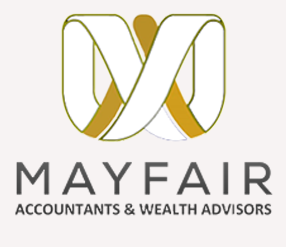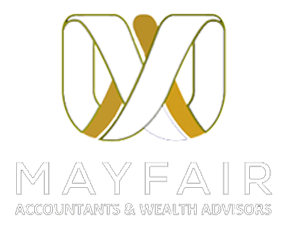If you have a business in the UK and your taxable turnover is more than £82,000, then you cannot escape from being a VAT registered. You also need to register for VAT if you receive goods in the UK from the EU worth more than £82,000 and your income is expected to go over the threshold in the next 30 days.
In case if your taxable turnover is less than £82,000, you can register voluntarily. However, before registering, you need to remember that voluntary registration has both benefits and disadvantages which can affect your business.
Take a look at the list of advantages and disadvantages of the voluntary registration.
Advantages
- As a business owner, you can charge VAT on all the sale of goods and services.
- You can reclaim VAT paid on the goods and services brought from the other businesses.
- With voluntary registration, your businesses can appear larger and established which can boost your business profile. Thus, it can appeal to your clients, lenders, investors and suppliers and you can easily deal with them.
- If sufficient evidence is reported to the HM Revenue & Customs (HMRC), voluntary registration can be backdated by up to four years. This means you can reclaim VAT from the last four years.
- While registering voluntarily for VAT, you will get a VAT registration number for your business which you can display it on your business website. And, again, this only adds credibility to your business.
Disadvantages
- When you charge VAT on goods and services to the existing customers, it may hamper your business if they are not VAT registered. In addition, if your goods and services are expensive, they may not desirable to the existing and potential customers.
- There will be extra paperwork and administration involved. This means you need to keep records of all VAT invoices and receipts for maintaining correct VAT accounting records and filing quarterly VAT returns.
If you want more guidance on the VAT registration, contact one of our VAT consultants at 020 7060 9556.


